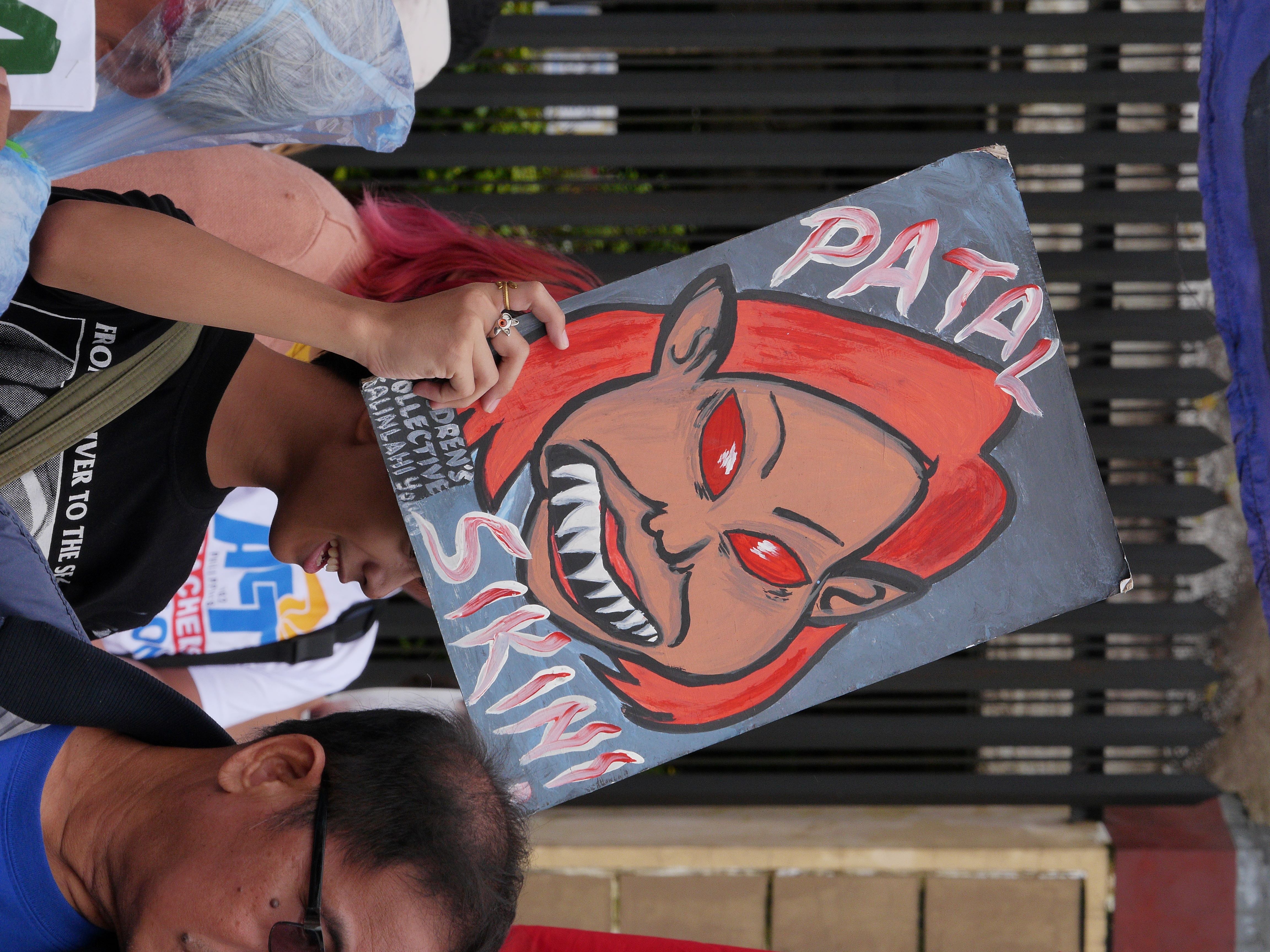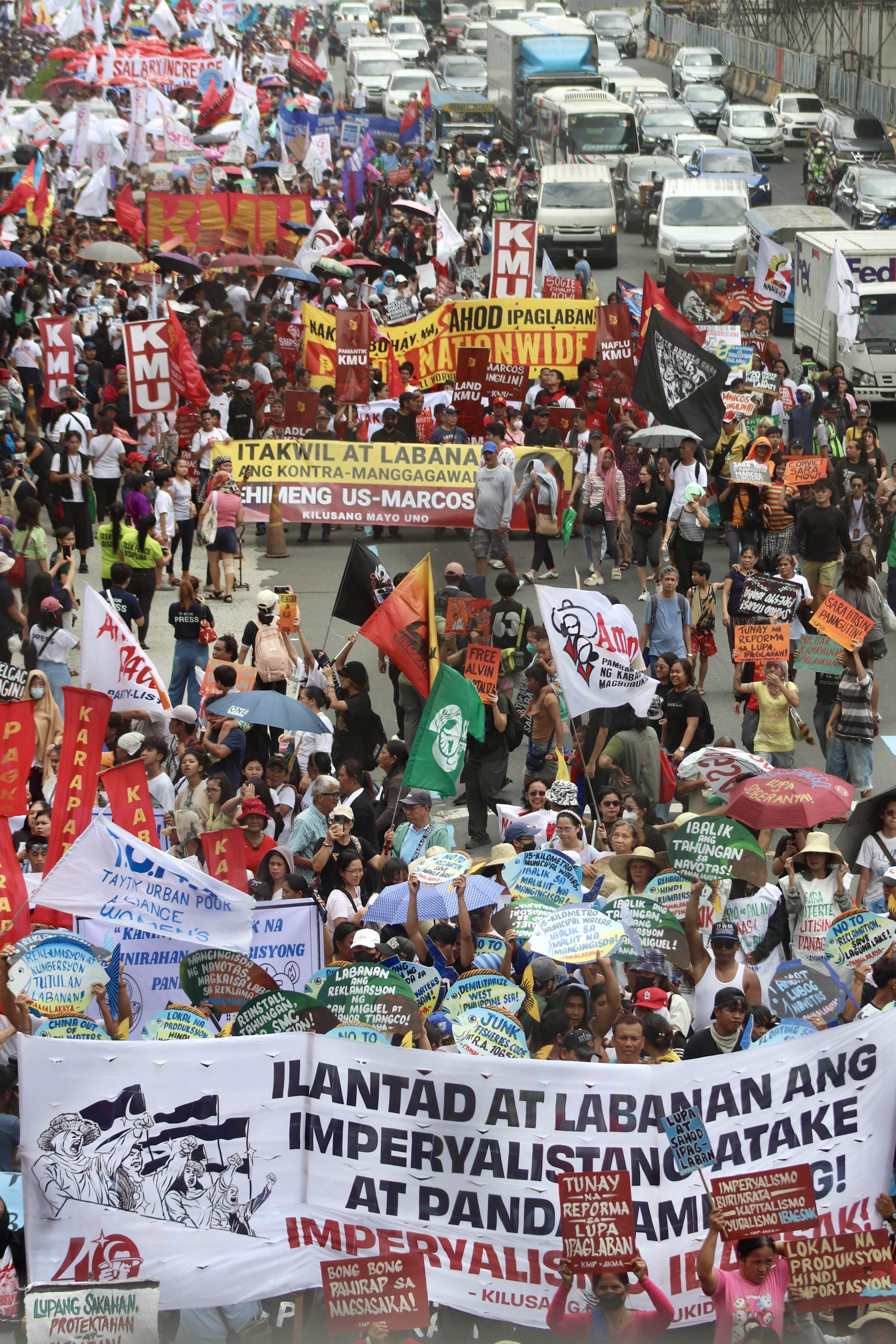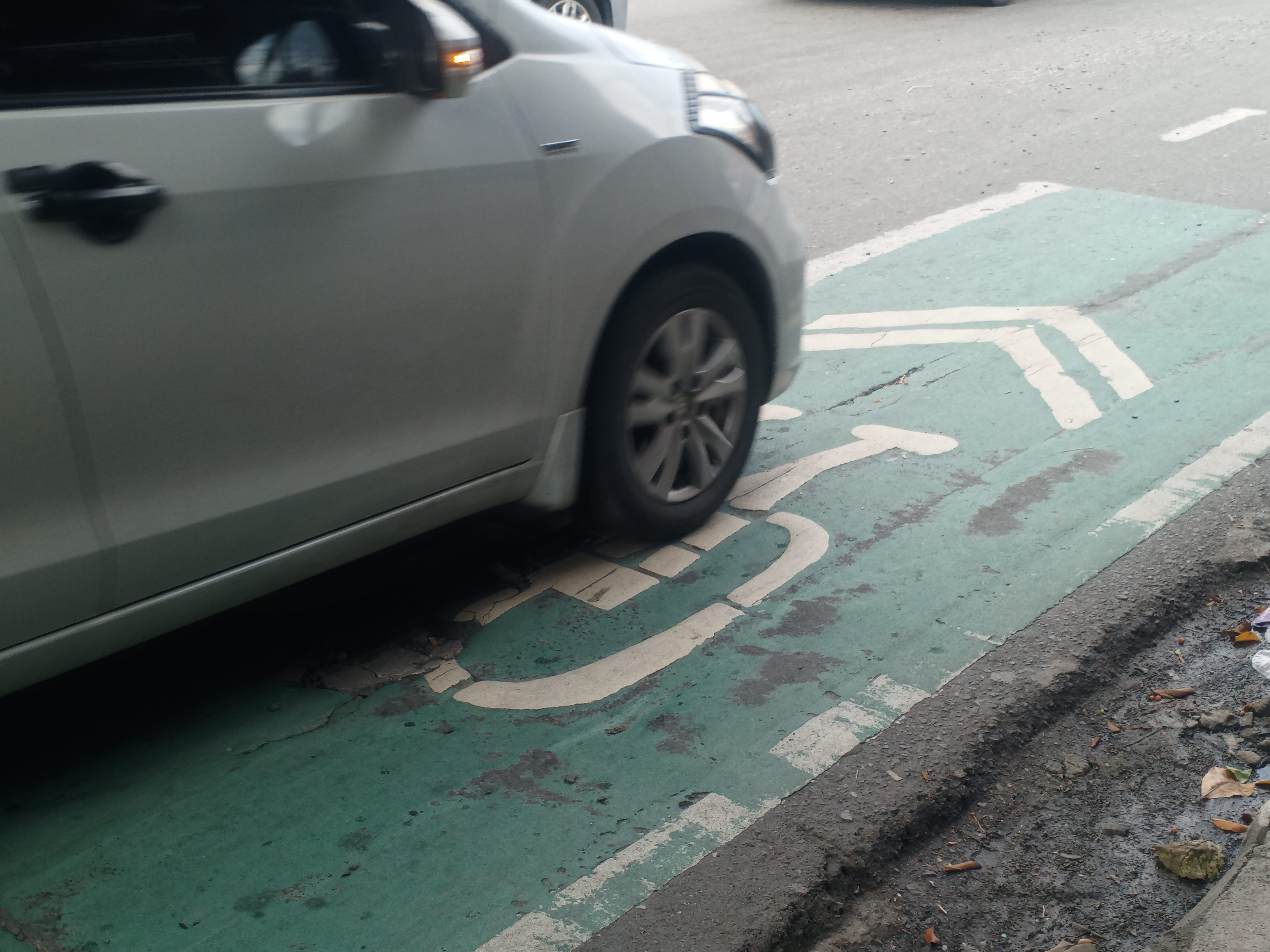Accountability is exacted not only in the immediate but in the thereafter.
The purpose of impeachment has always been to exact accountability. It is a central facet of the process that has been drowned out by the hubbub of the Marcos-Duterte rivalry, in part due to the Duterte camp’s insistence that the complaint was a baseless smear campaign and the Marcos-aligned House leadership’s co-optation of the progressives’ initial complaint.
The Supreme Court clarified that its Friday ruling was not an exoneration of Vice President Sara Duterte from that accountability, but rather an examination of the constitutionality of the fourth impeachment complaint. As some lawyers, experts, and advocates have pointed out, the ruling has bleak implications for future impeachment raps—bogging down the procedure and erring on the side of “due process” at a time when accountability is much needed.
Still, there is no better avenue than impeachment through which a high-ranking official may be punished for their transgressions. It is still a process that would have tried Duterte for her undeniable corruption and could have ultimately resulted in her removal from office. For someone as elusive as Duterte, the constitutional mandate that she attend the trial would leave her no room to hide, as she did in the 2024 budget hearings, where her fund misuse was first underscored.
An impeachment trial would also be the most effective medium to expose a public official, even without a final decision. Its nature as a publicized event involves the people and bestows upon them the role of a tertiary judge. This was the case with former President Joseph Estrada, who was forced to resign due to public clamor, despite his acquittal during the impeachment trial.
But while all current efforts from the progressive opposition and the lower chamber are justly focused on questioning the SC ruling to urge the resumption of the impeachment trial, we must remember that the fight will not cease even if the case is dismissed.
The vice president, through impeachment, could be barred from future seats of power through a disqualification to hold public office. But if not a ban from public office, an indisputable, public takedown will ensure the downfall of Duterte. Her ratings, after all, only began declining during the probe into her confidential fund use. The Filipino people are not blind to corruption; when dirty laundry is aired, even the most well-loved suffer scrutiny from the public.
The Office of the Ombudsman has already begun investigating Duterte for corruption. The House committee on good governance and public accountability also recommended in June the filing of criminal charges against Duterte for perjury, bribery, and corruption. These findings can become the basis for another impeachment complaint after the bar ends. And even before then, cornering Duterte in legislative procedures or inquiries could reorient the spotlight back on her.
Progressives, while right to interrogate the high court’s ruling, must not lose sight of the macro view: Impeachments are not the only way to exact accountability. If the Supreme Court decision stands, it may be months before an impeachment case can be initiated again. But a demolition job on Duterte’s reputation has no one-year bar rule.
With quivering senators and a spineless president, the responsibility to leverage their legislative positions falls upon the shoulders of the progressive opposition. Once public uproar intensifies with the knowledge of Duterte’s crimes, she could at least be tried more decisively and promptly in the future, when senator-judges will be forced to heed the demands of a reinvigorated people.
Full accountability is not exacted merely by the swing of a gavel. Rather, it comes when the public clamors for restitution from its transgressor thereafter. ●
First published in the July 28, 2025, print issue of the Collegian.




